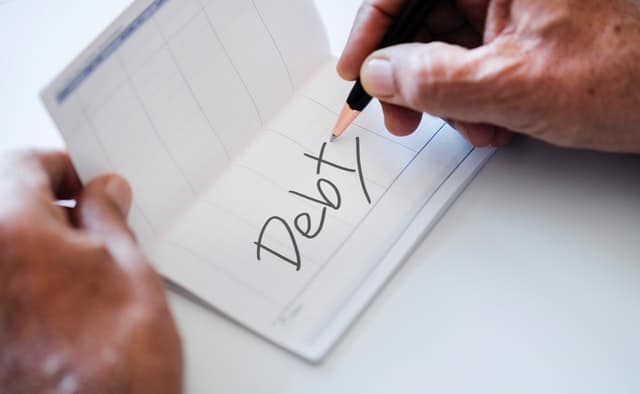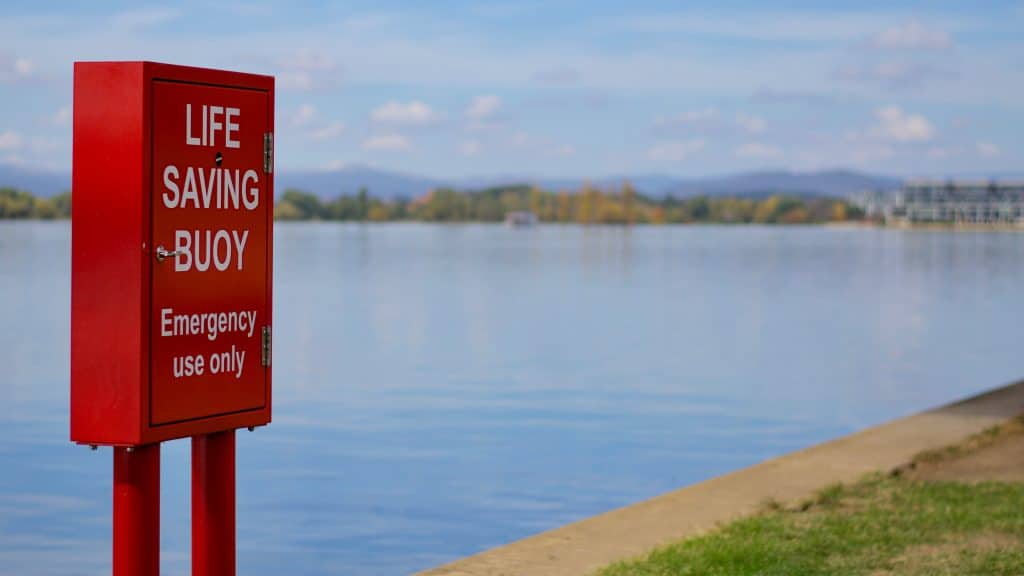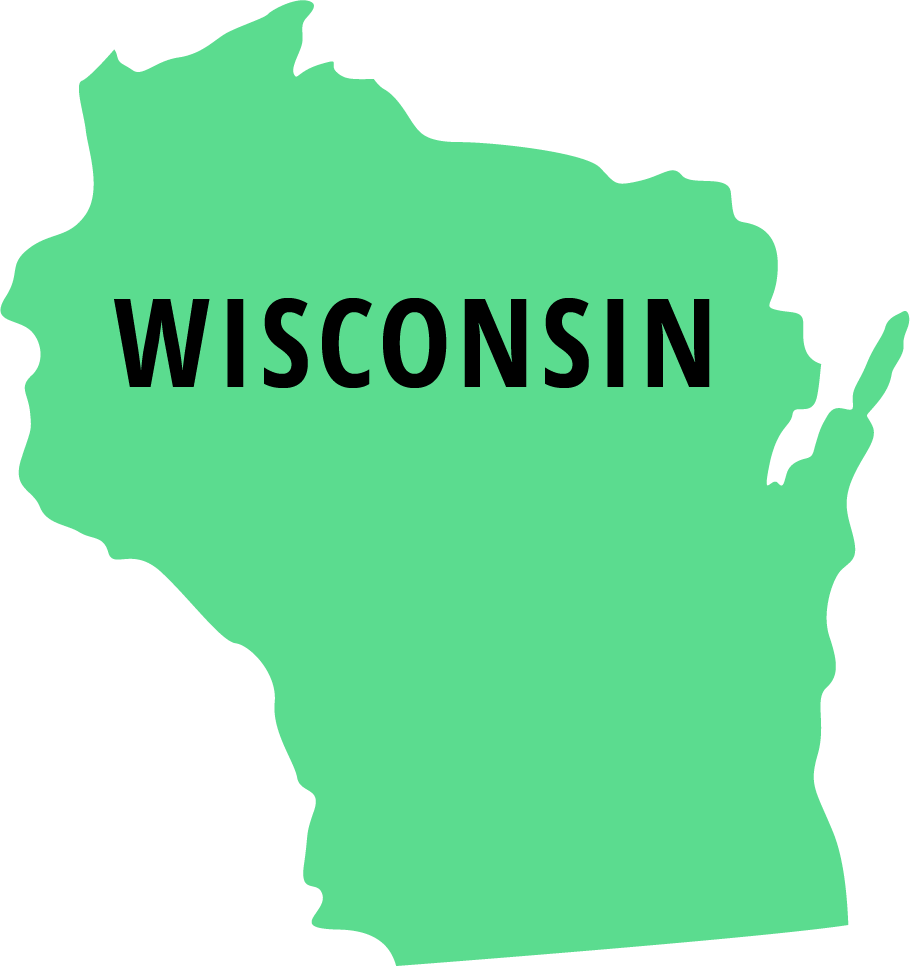Financial Freedom
When you were a teenager, you probably looked at adults and saw freedom. They had money, they had their own car, they could do whatever they wanted! Now you’re an adult and you see a more real picture of what’s going on.
Adult life can stress you out, especially when it comes to money (or the lack of money.) The reality is that money issues can be like a prison. If we’re not careful, the freedom we hoped for since our adulthood can fall out of reach.
But it doesn’t have to.
No matter where you’re at, financial freedom is possible. If you’re wondering how to pay off debt, we’re here to help you out. It’s done through setting careful plans and aggressively working towards financial goals.
Setting Goals
Conquering your mountain of debt can seem impossible. Looking at the amount you have to pay can be staggering, and you may have no idea how you’re going to do it. The “getting-out-of-debt” problem is just like any other problem—it can seem impossible unless you have a plan. For any plan to be successful, you have to have goals to check your progress along the way.
By breaking down one huge problem into a bunch of smaller ones, the mountain that used to look impossible to climb is now difficult, but doable.
Debt Elimination Goals and Plan

Notice as you look through these goals that only the last one directly talks about how to pay off debt. The first three are just good personal finance practices. These are so important because in order to be truly financially free, you have to be intentional about how you deal with your finances. No matter how much money you make, if you use it unwisely, you can’t be financially free.
So let’s dive in.
- Track and review expenses regularly
- Budget
- Build an emergency fund
- Tackle small debts first
Track and Review Expenses Regularly
This is probably one of the most overlooked keys to financial freedom. It’s overlooked because it’s such a simple thing. Tracking your expenses at all is important, but doing it often, daily even, makes it even more helpful to your finances.
If you track your expenses every single day, you’ll be much more aware of where you spend your money and where you can afford to spend less. You’ll think about your finances more often and will stay motivated to get them under control. Finally, you’ll know how you’ve spent money in the past, so you will be able to create a better budget for the future.
Budget
Budget budget budget…budget. Now that you know how you tend to spend money, make a plan for how you’re going to spend it moving forward and stick to it! This step is incredibly important. Having a budget encourages financial discipline.
As you make your budget, be sure to keep a good balance between being aggressive and realistic. You want to be able to put as much towards your debts as possible, but if you aren’t realistic with what you can actually do, you’re setting yourself up for disappointment down the road.
Emergency Fund

Build a small $1,000-3,000 emergency fund as fast as you can. People slip into debt so often because they aren’t prepared for the little things that life throws at them. You need to be prepared for these things.
Nothing is more demotivating when you’re trying to get out of debt than falling deeper into debt when your car breaks down. You can be prepared for that by building your emergency fund now. Save your emergency fund fast so you can get after your debts ASAP.
Tackle Small Debts First
Finally, now we can talk about actually paying your debts. We, along with personal finance guru Dave Ramsay, suggest that you make a list of all your debts in order from the smallest amount to the biggest amount.
It can be scary to look at all of these in one place, but remember, the only way you’re going to enjoy real financial freedom is by paying all of these off. Take an aggressive approach and pay them off as fast as you can.
Make the biggest payments possible on your smallest debt and minimum payments on the rest of them. Then knock them out one by one. Ramsey suggests that getting rid of your smallest debts first gives you some quick early wins and keeps you motivated for the long haul while you’re attacking your bigger debts.
You’re On Your Way
These steps are simple, but they can be difficult. The one thing I can guarantee is that it’s worth it. Take these steps and attack your debt head on so that when you beat it, you’ll can to enjoy all that freedom you’ve been looking forward to.









